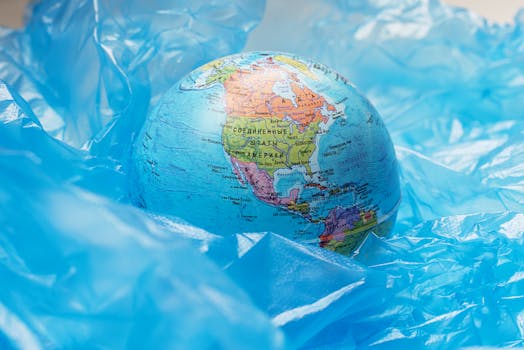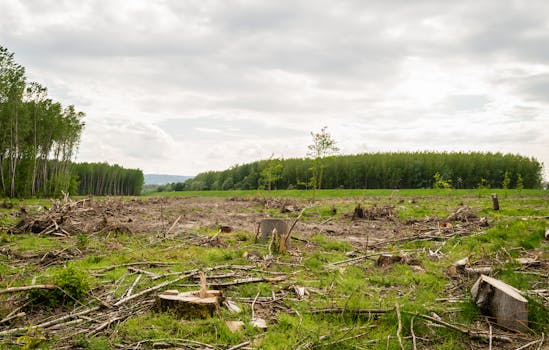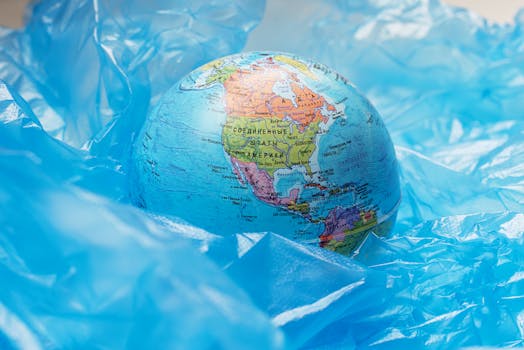
The Impact of Climate Change on Global Ecosystems
Introduction to Climate Change and Global Ecosystems

Climate change is one of the most pressing issues of our time, with far-reaching consequences for the health of our planet. At the forefront of these consequences are the impacts on global ecosystems, which are facing unprecedented threats from rising temperatures, changing precipitation patterns, and increased frequency of extreme weather events. The focus keyword Climate Change is crucial in understanding these impacts. In this article, we will delve into the effects of climate change on ecosystems around the world, exploring the current state of knowledge and the implications for the future of our planet.
Effects of Climate Change on Ecosystems

Climate change is affecting ecosystems in numerous ways, including rising temperatures, changing precipitation patterns, and increased frequency of extreme weather events. Rising temperatures are altering the distribution and abundance of plants and animals, with many species shifting their ranges poleward or to higher elevations in response to changing climate conditions. Changing precipitation patterns are also having a significant impact, with droughts becoming more frequent and severe in some areas, while others experience increased flooding.
One of the most notable effects of climate change on ecosystems is the loss of biodiversity. As temperatures rise and precipitation patterns change, many species are struggling to adapt, leading to a decline in population sizes and even extinctions. This loss of biodiversity can have cascading effects on ecosystems, leading to changes in ecosystem function and resilience.
Cases of Climate Change Impacts on Global Ecosystems

There are many examples of the impact of climate change on global ecosystems. Coral reefs, for example, are facing unprecedented threats from rising sea temperatures, which are causing coral bleaching and reducing biodiversity. Forests are also being impacted, with changing precipitation patterns and increased frequency of wildfires altering the composition and structure of forest ecosystems.
Polar ecosystems are particularly vulnerable to climate change, with rising temperatures causing sea ice to melt at an alarming rate. This is having a significant impact on polar bears, penguins, and other species that depend on sea ice for survival.
Conclusion

In conclusion, climate change is having a profound impact on global ecosystems, from rising temperatures to changing precipitation patterns. The focus keyword Climate Change and its understanding are essential in addressing these impacts. It is essential that we take immediate action to reduce greenhouse gas emissions and mitigate the effects of climate change on ecosystems. This can involve reducing our carbon footprint, investing in renewable energy sources, and protecting and restoring natural habitats.
By working together, we can help to preserve the health and resilience of global ecosystems, ensuring a sustainable future for our planet.





